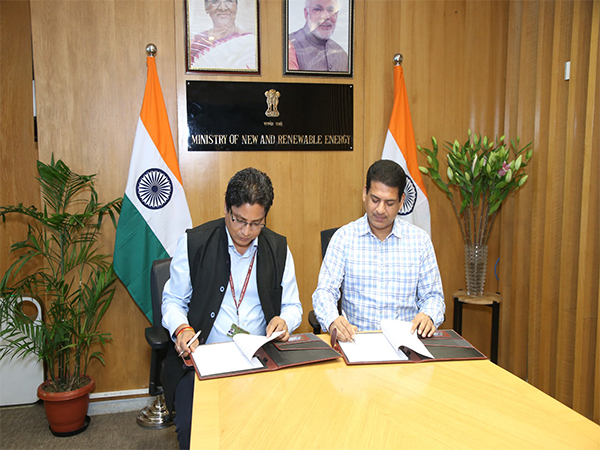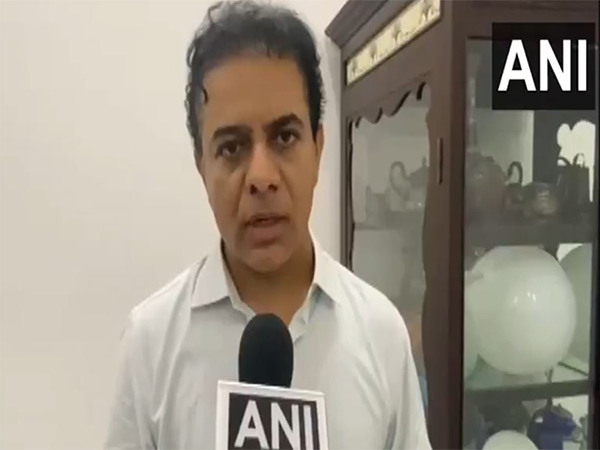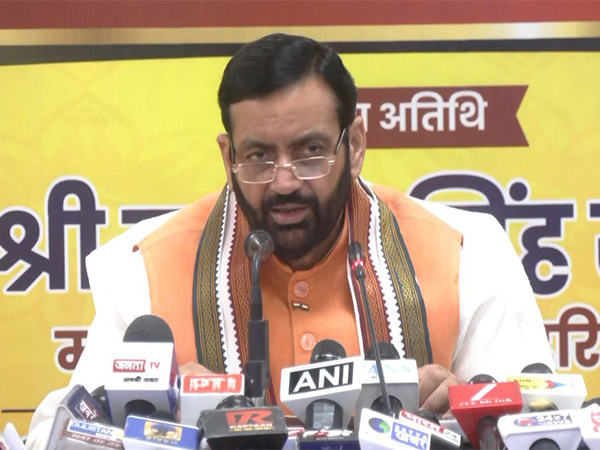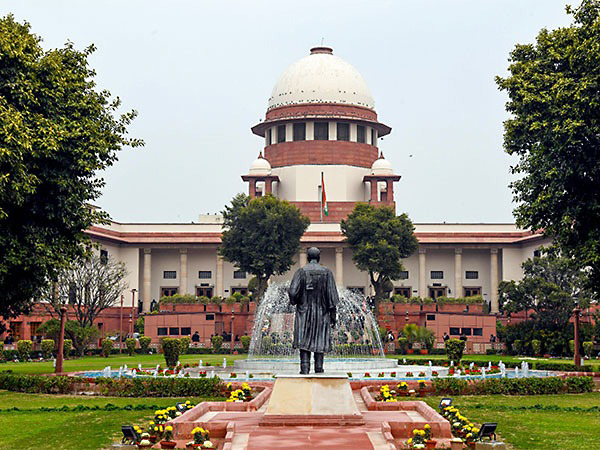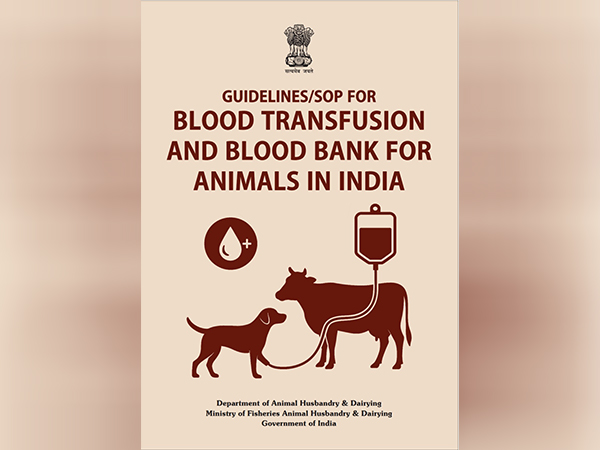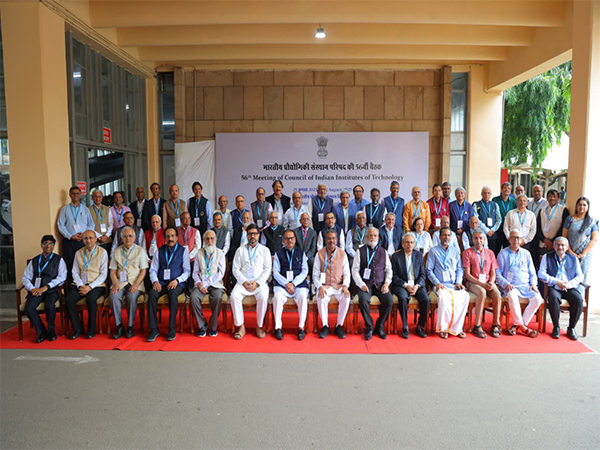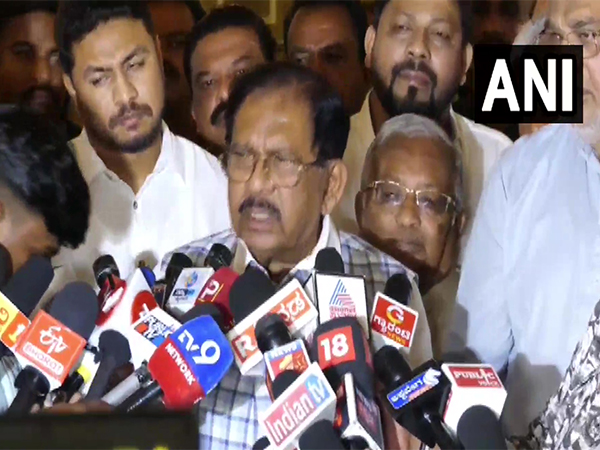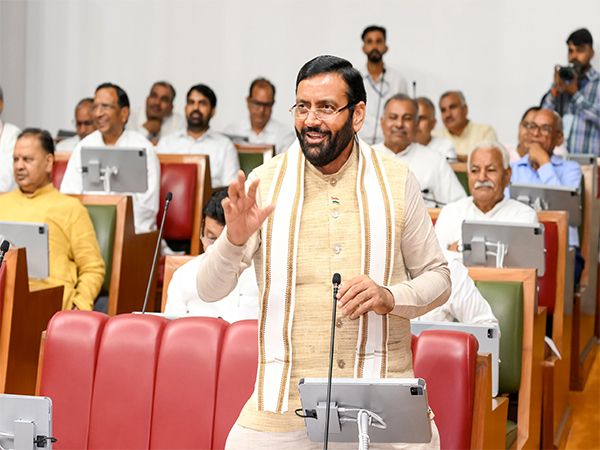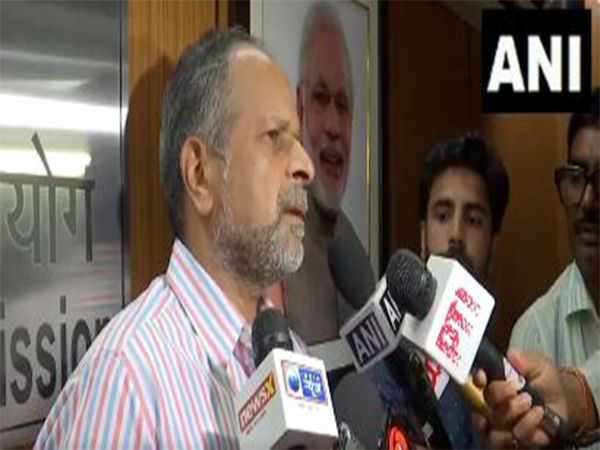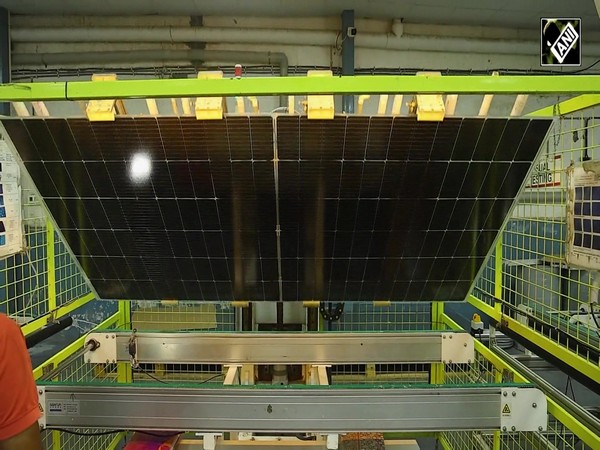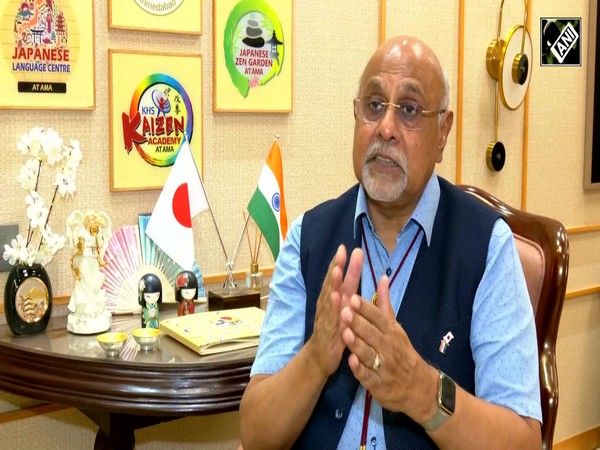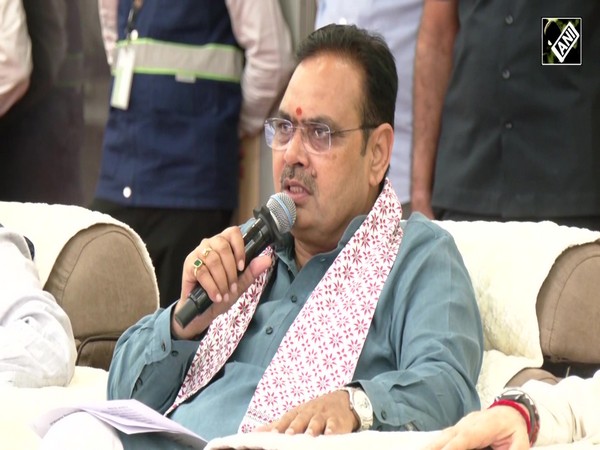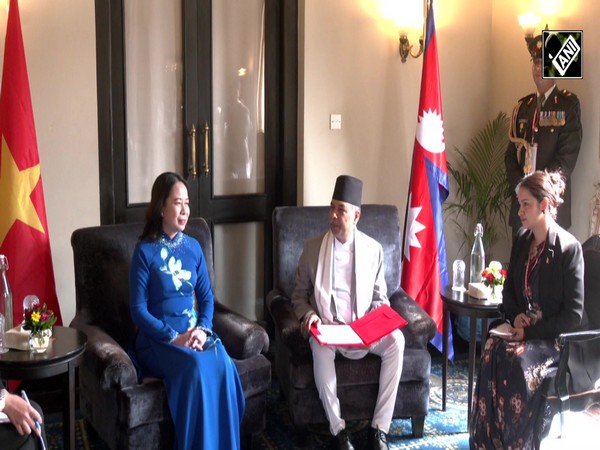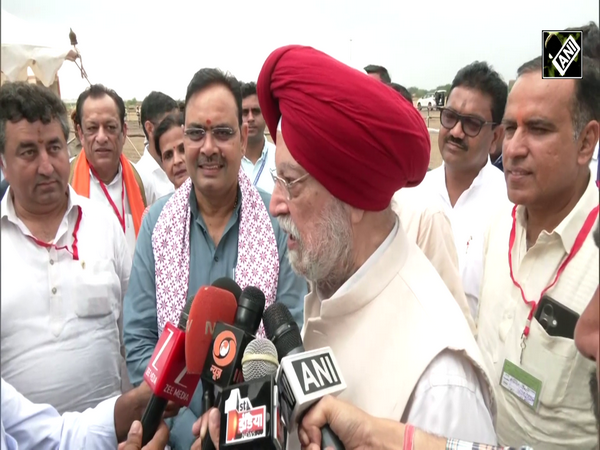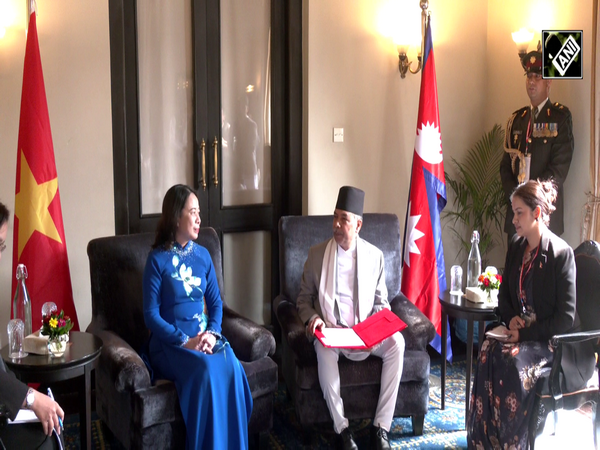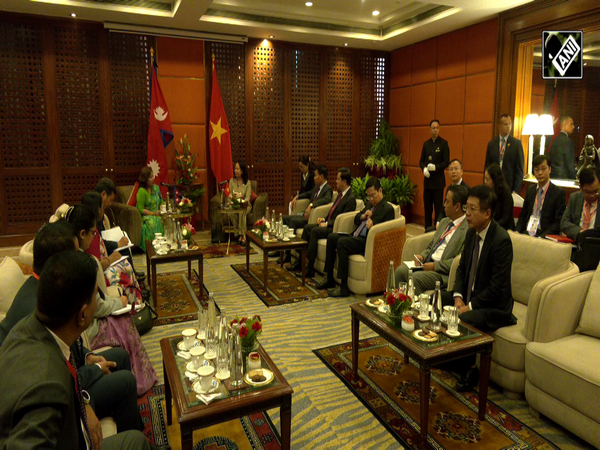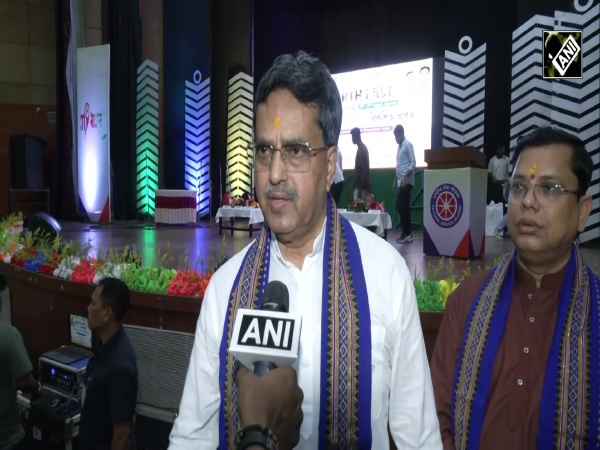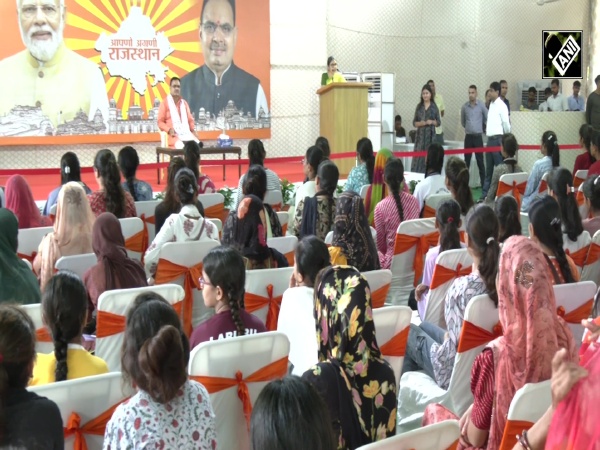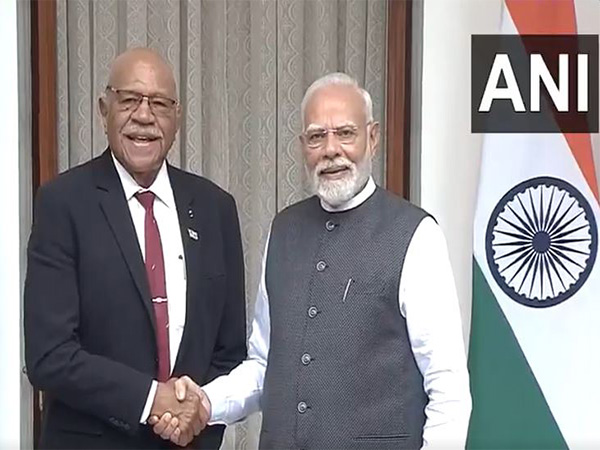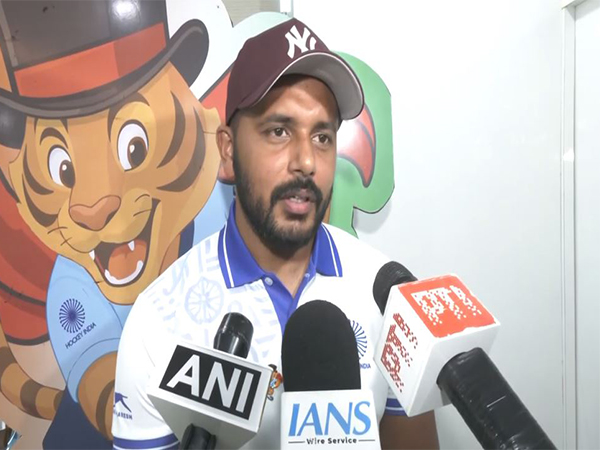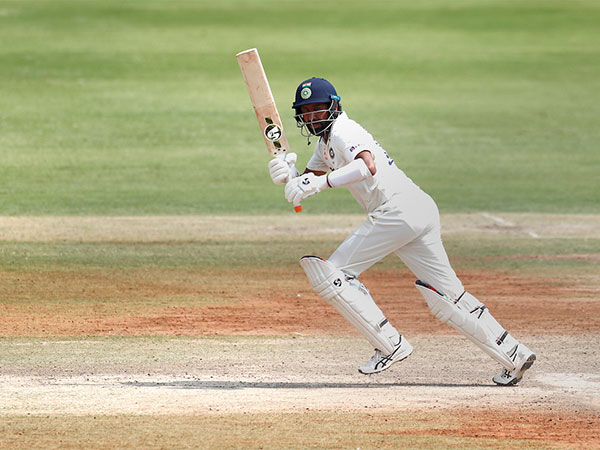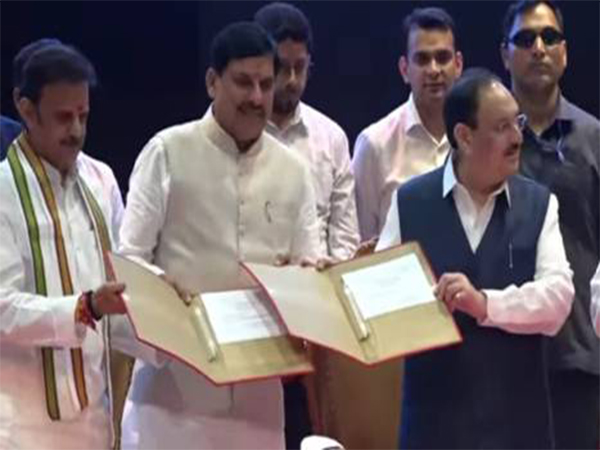
JP Nadda inaugurates Government Medical Colleges in Madhya Pradesh's Sheopur, Singrauli
Aug 25, 2025
Bhopal (Madhya Pradesh) [India], August 25 : Union Minister of Health and Family Welfare, Jagat Prakash Nadda inaugurated new Government Medical Colleges in Sheopur and Singrauli, along with a series of centrally sponsored health programmes aimed at strengthening public health and community outreach in Madhya Pradesh.
Speaking on the occasion, Nadda highlighted the Government's vision of expanding access to quality medical education and healthcare services, while ensuring that citizens across the country benefit from modern facilities and preventive health initiatives.\
The programme also saw distribution of eight lakh Vay Vandana PVC Card and launch of 'Ayushman Sakhi' Smart Chatbot.
On the occasion, agreements were also signed for the establishment of four new Medical Colleges under the Public-Private Partnership (PPP) mode with the support of the Union Health Ministry, further expanding opportunities for medical education and service delivery in the state.
These initiatives mark a significant step towards expanding medical education, strengthening preventive healthcare, empowering frontline health workers, and improving maternal and child health outcomes in Madhya Pradesh, a release said.
Nadda noted that with 17 Government Medical Colleges and 13 private colleges, Madhya Pradesh is emerging as a strong performer in the health sector. He highlighted that under the leadership of Prime Minister Shri Narendra Modi, the focus of India's national health policy is to develop a "holistic health care system", which not only focuses on curative part in health care but also emphasises on the preventive care, palliative care, rehabilitative care, geriatric care and promotional health care.
The Union Health Minister stated that in the last decade, the government has created a robust health system. "Every year, nearly 2 crore children and 2.5 crore pregnant women are monitored under our healthcare system. I salute our dedicated ASHA workers, whose tireless efforts have ensured that healthcare truly reaches the last mile. From the moment a woman conceives, she receives five antenatal check-ups within the government healthcare system - a clear reflection of the strength and robustness of our public health framework. Today, institutional deliveries have risen to 89%, a remarkable achievement in ensuring safe motherhood", he said.
The Health Minister highlighted the sharp decline achieved by the country in maternal and child mortality. The Maternal Mortality Ratio (MMR) has fallen from 130 per 1 lakh live births to 93 per 1 lakh, while the Under-5 Mortality Rate (U5MR) has declined by 42% - far higher than the global average decline of 14%. Similarly, neonatal mortality has reduced by 39%, compared to the global decline of 11%.
The Union Health Minister informed that the Ayushman Bharat scheme has emerged as the world's largest health coverage programme, with 50 crore beneficiaries. Over time, schemes such as Vay Vandana have been added to extend protection to citizens above 70 years of age, irrespective of their economic or social status.
Shri Nadda highlighted the significant strides in medical education. "In 2014, there were 387 medical colleges in the country. Today, that number has increased to 780, reflecting the government's commitment to strengthening healthcare infrastructure. Likewise, the number of undergraduate (UG) medical seats has grown from 56,000 to 1,70,000. Looking ahead, our goal is to add another 75,000 UG and PG seats over the next five years". "Additionally, out-of-pocket expenditure on healthcare has significantly reduced -- from 62% earlier to 39% now," he said.
Nadda also emphasized the transformative steps taken to democratize access to medical education and strengthen India's global health leadership. "We introduced the NEET exam in 13 languages, enabling students from rural and remote areas to pursue medical careers. In the past, it took 20-28 years for India to develop or access vaccines like tuberculosis, tetanus, and polio, and nearly 100 years for the Japanese encephalitis vaccine. However, during the COVID-19 pandemic, India developed two indigenous vaccines in just 9 months -- a remarkable scientific achievement. Through the Vaccine Maitri initiative, these vaccines were delivered to over 100 countries, 48 of which received them free of cost, showcasing India's commitment to global health and humanitarian values."
Madhya Pradesh Chief Minister Mohan Yadav highlighted the significant progress made in the health sector during the last decade. "Before 2003, there were only 5 medical colleges in the state. Today the number has grown to 17 government medical colleges and 13 private medical colleges. AIIMS Bhopal was also recently established in the state. Now, with the recent approval letters for 2 more medical colleges, the total number of government medical colleges has reached 19. We are confident and hopeful that this number will rise to 26 in the coming years," he said.
